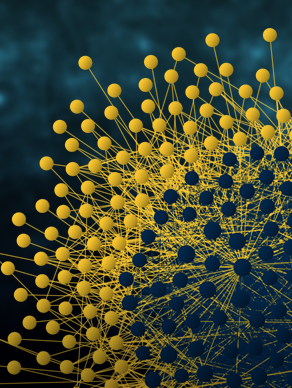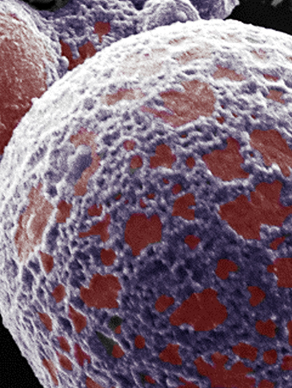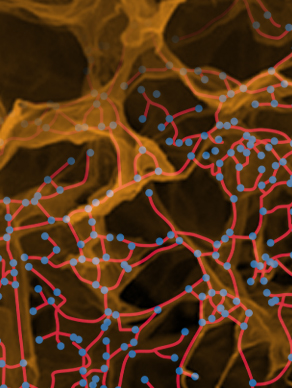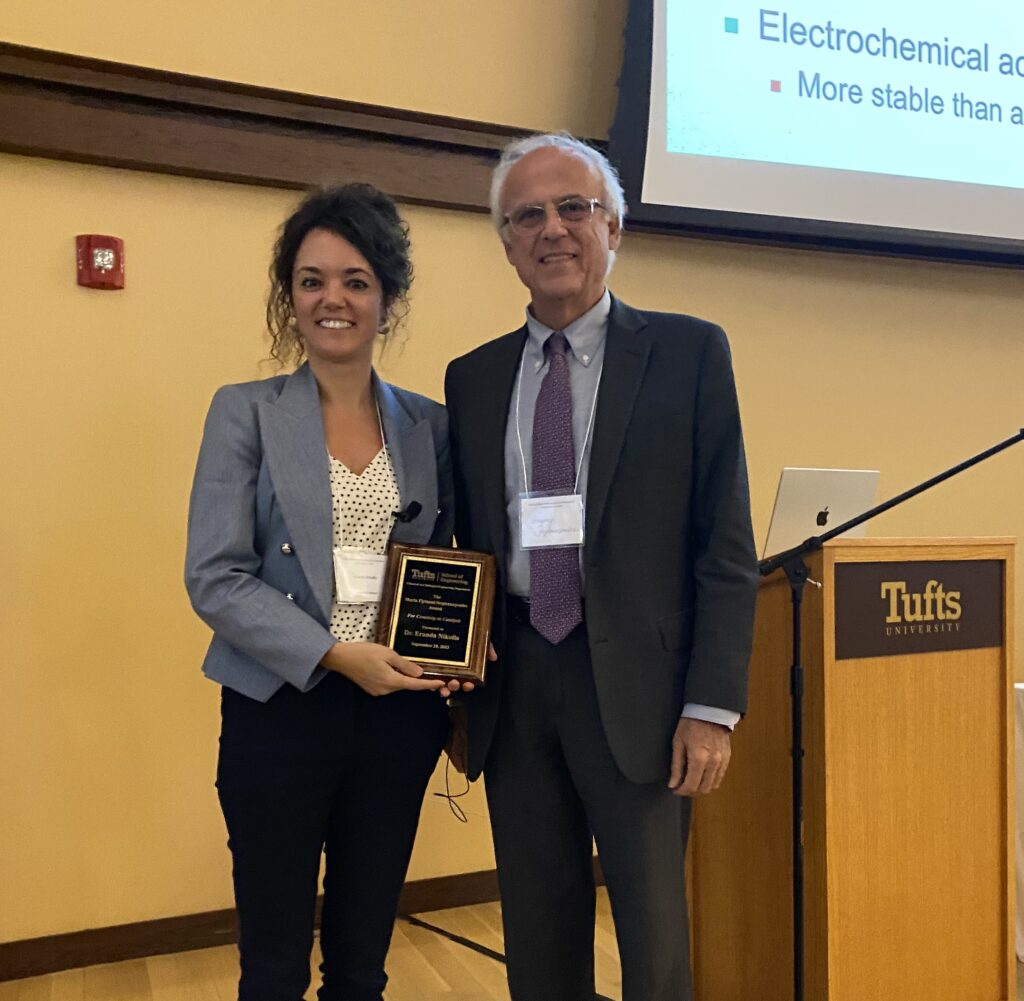Center for Complex Particle Systems (COMPASS)
We make complexity simple.
COMPASS develops and practices a systems-level approach to particle-based matter for energy-efficient manufacturing
Our Center utilizes the tools of complex systems and network science, developed by statistical physicists and mathematicians for the social and physical sciences, to engineer complex systems from particles of different shapes, sizes and compositions. The inherent complexity of these complex particle systems will enable combinations of different functionalities using smaller amounts of materials and energy for their production. In this way, we are engineering shapeable particle systems by design and on demand, to be manufactured where and when they are needed, with an unprecedented combination of useful properties emergent from their structural complexity.
Our Center is built upon and promulgates the unifying importance of diversity for the robustness and performance of physical (materials) as well as human systems. COMPASS is developing a theoretical framework grounded in network science to guide the design and synthesis of diverse combinations of readily available particles – exploiting their anisotropy and imperfections to realize powerful new capabilities emerging from their diversity. In this way, COMPASS aspires to drive transformative changes in particle-based science, engineering, and manufacturing. A people-first culture grounded in equity and inclusion is integrated throughout Center leadership, research, education, training, and outreach activities.
COMPASS addresses the long-standing, scientifically rich problem of the relationship between functionality and complexity. This relationship pervades biological and social systems, from the brain to the World Wide Web, but is poorly understood in materials systems. This lack of understanding limits our ability to make materials exhibiting the diversity of complex behaviors needed for the technologies of the future. In a radical departure from typical approaches to materials systems, we are developing graph theoretical and network science descriptions of realistically shaped particles forming dynamic complex particle systems that have been impossible to predictively describe by prior models. This new predictive capability will be achieved by mapping dynamic networks of particles onto property graphs generated by a combination of advanced microscopy, physics-informed machine learning (ML), theoretical modeling, and computer simulation.
Research Focus Areas
Our Partners














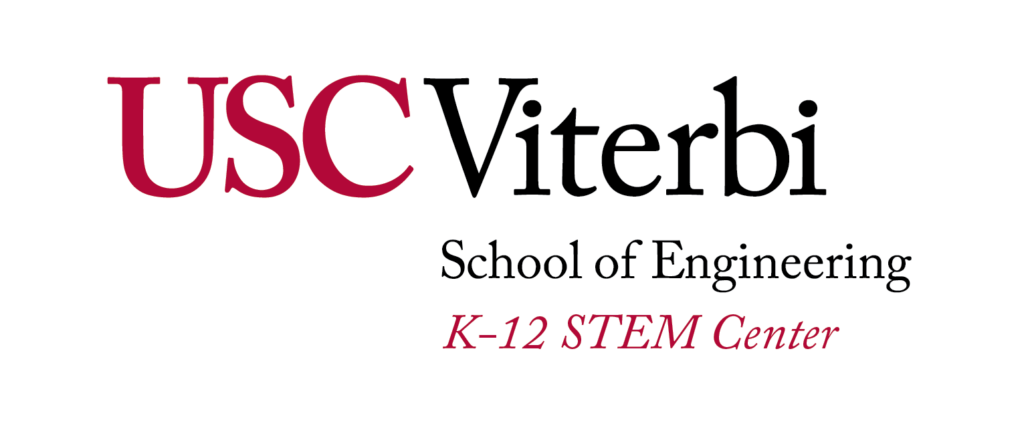






Latest News & Opportunities
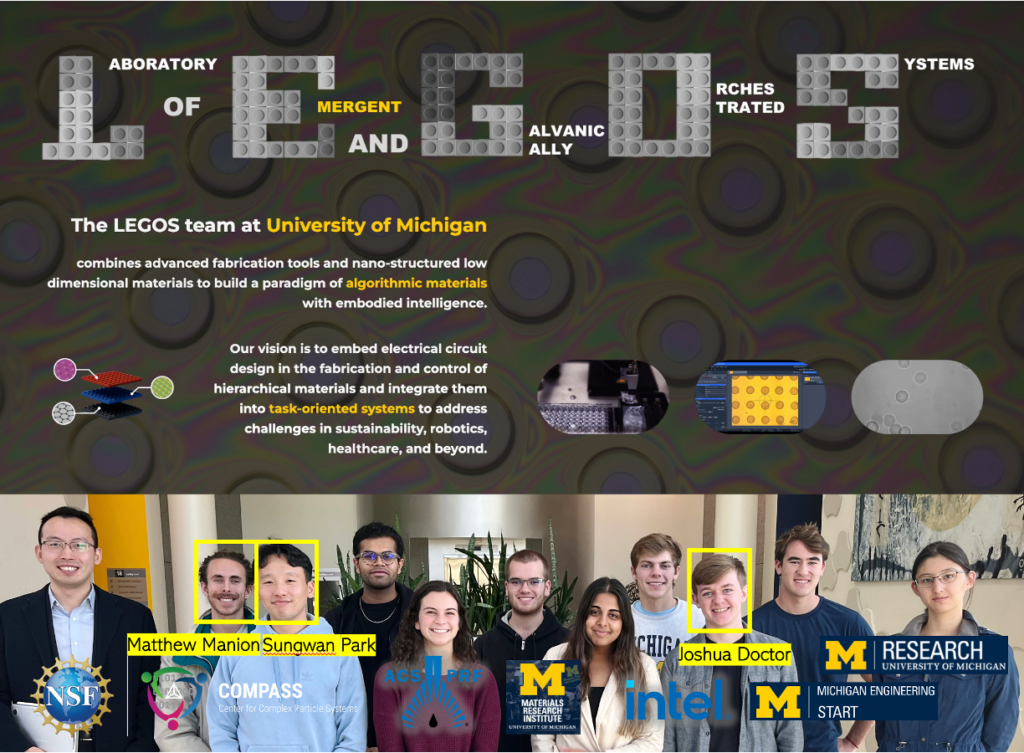
Albert Liu visited North Carolina State University! Amazing talk with great discussions

Congratulations to Qian Chen – Royal Society of Chemistry Soft Matter Lectureship Award
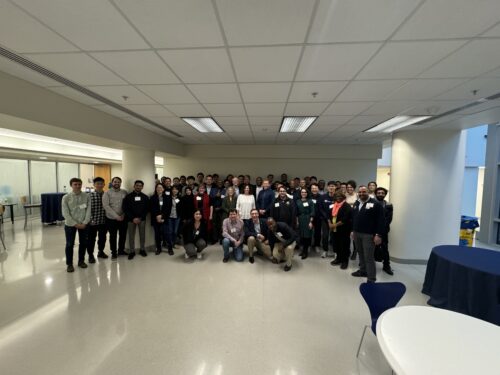
December 1 COMPASS Kick-off Meeting
2023 Michigan Center for Materials Characterization (MC)2 – Image Contest Winners
Empowering Tomorrow’s Innovators: Kids Who Code
Eranda Nikolla – Inaugural Maria Flytzani-Stephanopoulos Award for Creativity in Catalysis
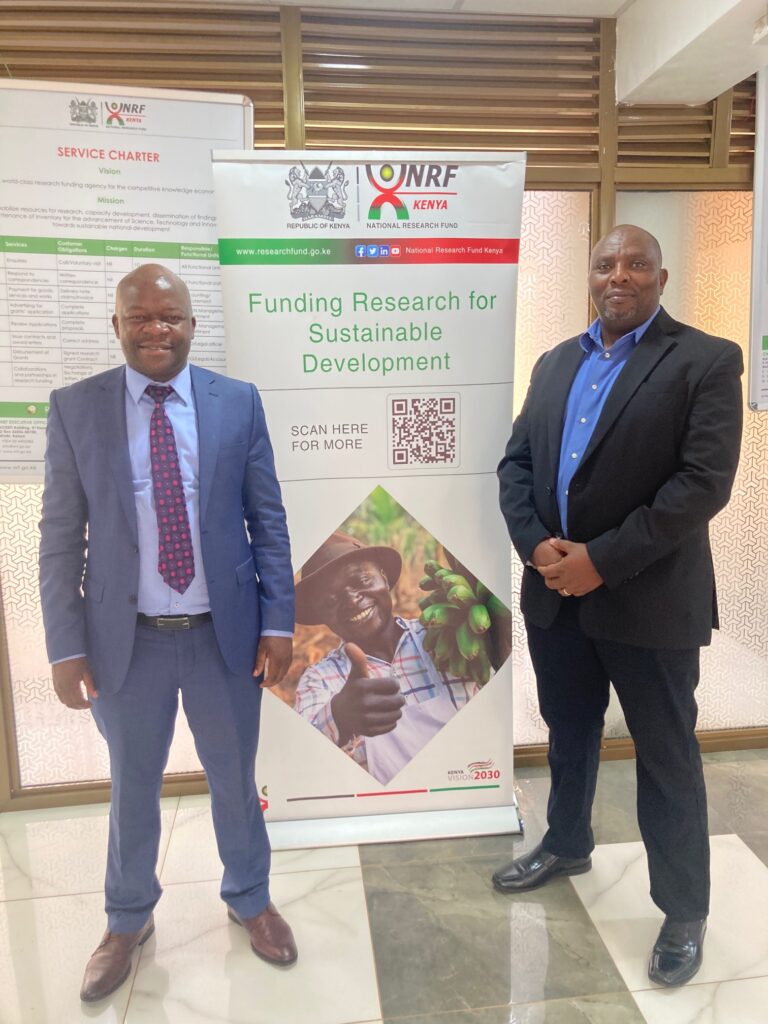
This material is based upon work supported by the National Science Foundation under Award No. 2243104.
Any opinions, findings and conclusions or recommendations expressed in this material are those of the author(s) and do not necessarily reflect the views of the National Science Foundation.

